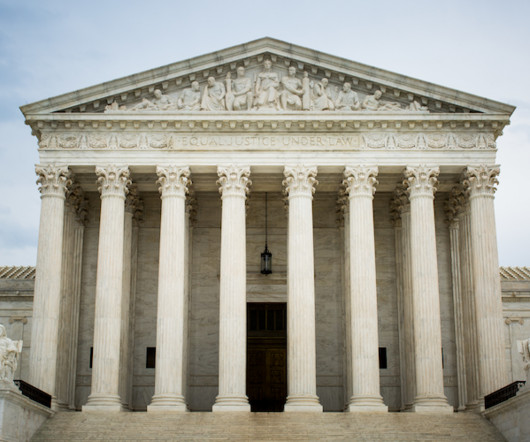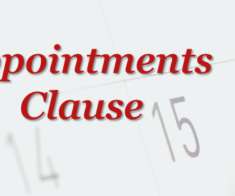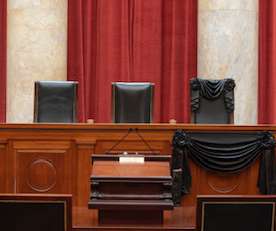Short Circuit: An inexhaustive weekly compendium of rulings from the federal courts of appeal
The Volokh Conspiracy
JUNE 13, 2025
So when people exposed to Agent Orange sued Dow in state court, Dow was able to have the case removed to federal court under the federal-officer removal statute. For those practicing in the Seventh Circuit , here's a charming little primer on how the court screens district-court decisions for jurisdictional problems.














Let's personalize your content